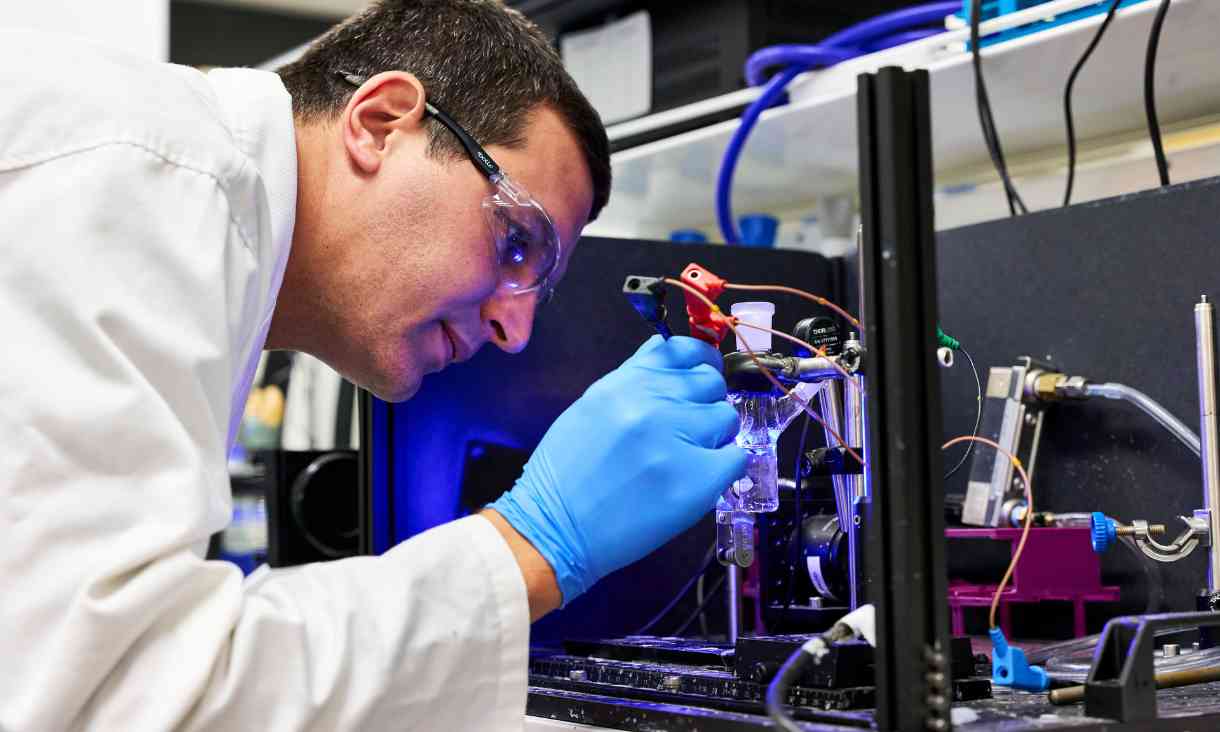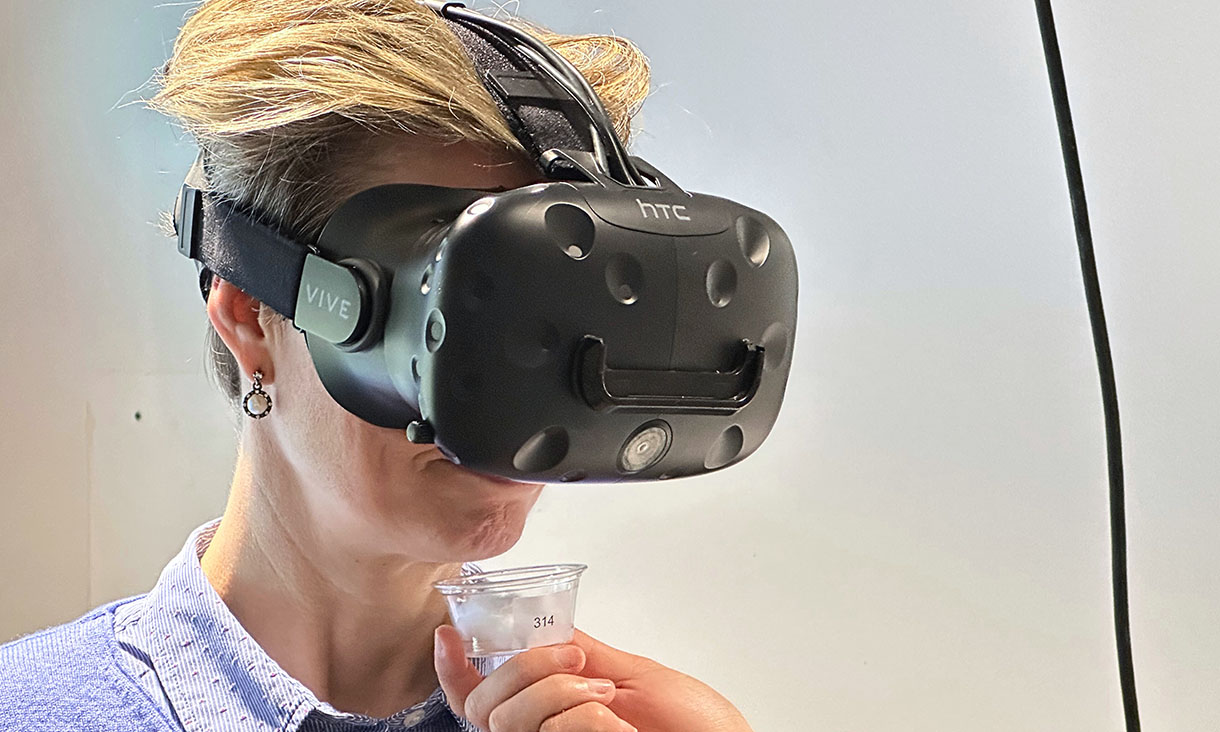Dr Daniel Featherstone, Senior Research Fellow
“It is difficult to know what the impact of shutting down 3G networks – and replacing existing coverage with 4G – is likely to be.
“While Vodafone has limited coverage in remote communities, the switch-off of Telstra and Optus 3G services could potentially impact those small communities and homelands that are currently reliant on 3G, as well as people travelling and working in remote areas that have only 3G access.
“Our 2022 research has found a high reliance on pre-paid mobile services as the primary means of phone and internet access, with 84% of people owning or sharing a mobile device and 94% of these using pre-paid services.
“Interviewees on islands in the Torres Strait and Arnhem Land – who are currently reliant on 3G, including when fishing or travelling at sea – have raised safety concerns if 3G is switched off without a replacement service. While mobile services are not recommended as a primary communications service when travelling or while at sea, the reality is that this is the only affordable option for many First Nations people.
“While the closure of 3G networks was announced in 2019, there is very low awareness of the switch-off among First Nations people living in remote communities and homelands.
“We have outlined these concerns in a number of the community reports from our 2022 Mapping the Digital Gap research trips.
“I am reasonably confident that those sites with only 3G services will be upgraded prior to switch-off. However, telcos need to ensure that 4G coverage will be expanded to cover current 3G footprints, which is often greater than 4G, and that households aren’t left without a service.
“There is also the issue of 3G-only devices that are being used – mobile phones, modems, boosters, monitoring devices and so on.
“While there are still a number of these in use, there has been a lot of awareness raising about the need to upgrade these to 4G. I expect with the high turnover of devices in remote communities this will not be a significant issue.”
Dr Daniel Featherstone leads the four-year ‘Mapping the Digital Gap’ research project on digital inclusion in remote First Nations communities.
Associate Professor Mark Gregory,
“Vodafone is closing its 3G network this month and it is encouraging customers to check that they have a 4G or 5G phone.
“But what if you have a medical or EFTPOS device that uses 3G? Are you able to get help if you suddenly find something that will no longer connect to the Vodafone network?
“The Vodafone 3G network shutdown is part of the ongoing cycle to reallocate the existing network infrastructure and introduce new mobile technology – in this case, 5G.
“For customers wanting to use 5G and to benefit from its many capabilities, the move will enhance performance and provide opportunities for new technologies and devices to be added to the Vodafone network.”
Associate Professor Mark Gregory actively participates in public debate covering telecommunications, digital security and the Internet.



